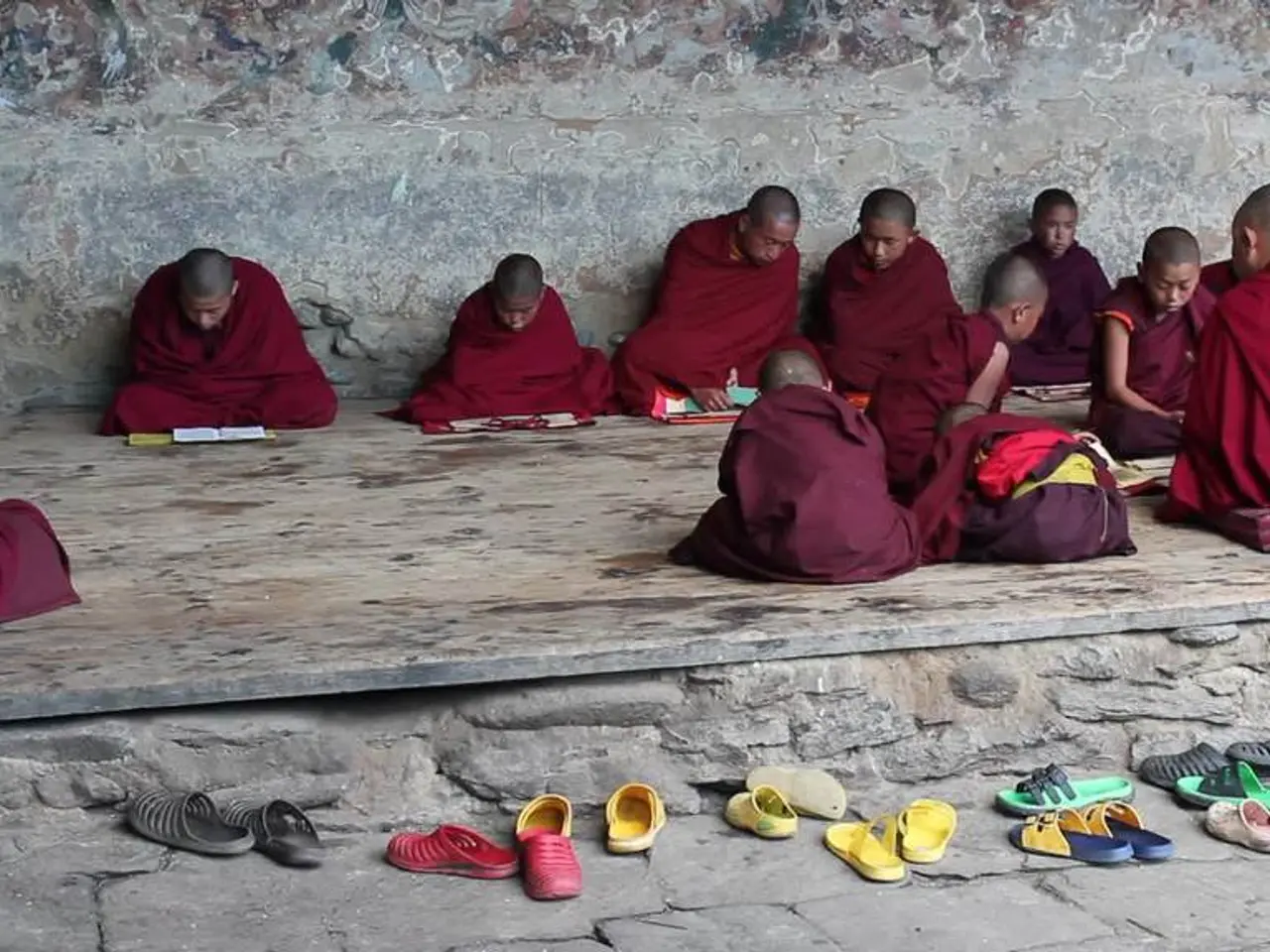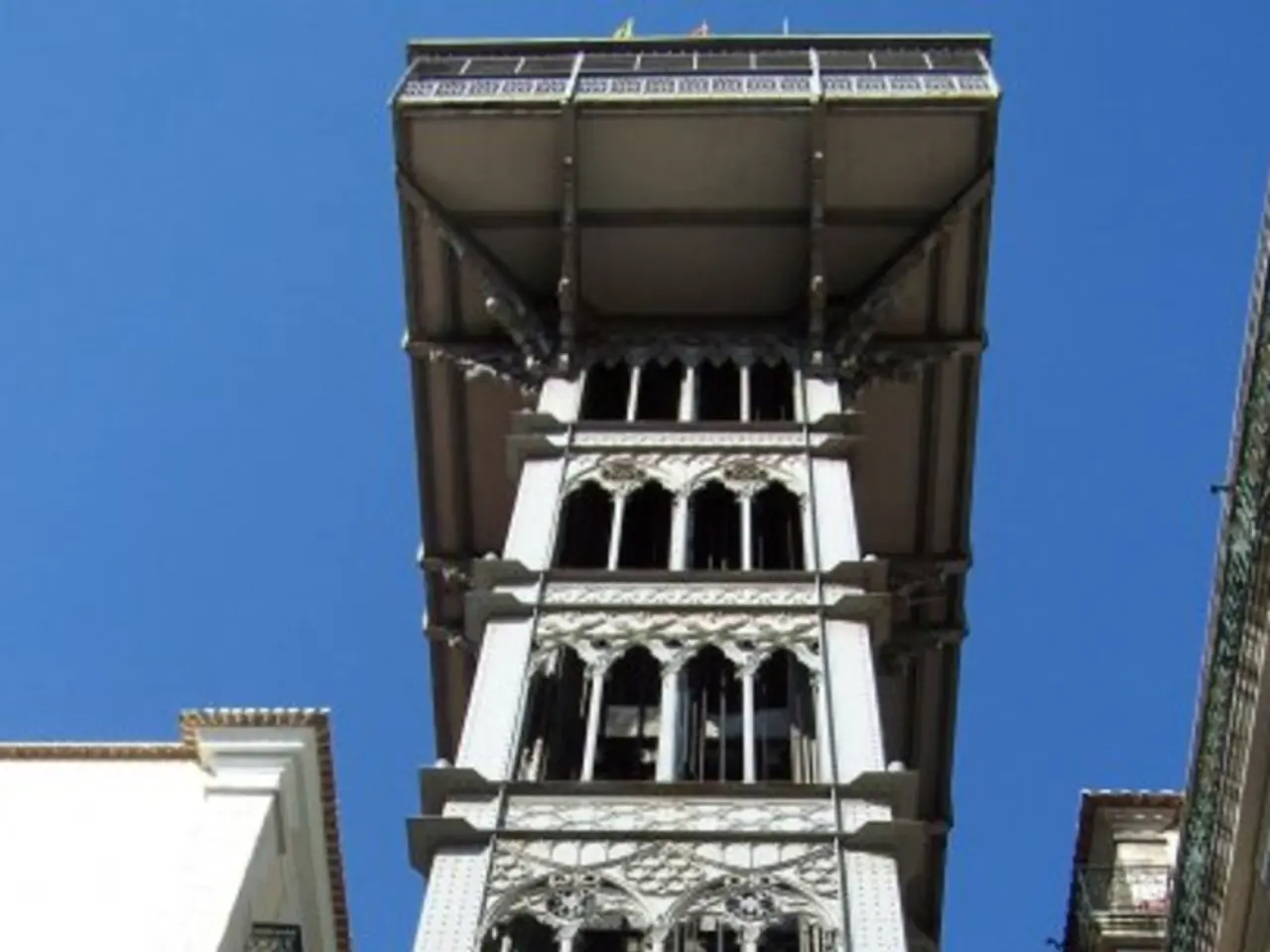Buddhist authorities drafting stern measures against disobedient monks, aiming to reestablish religious trust amidst controversies
The Thai government is proposing a new Monastic Act to address the rising number of misconduct cases involving senior monks. This legislation comes in response to significant scandals that have damaged public trust in the clergy.
The key elements of the proposed legislation include:
1. **Criminal Penalties**: The new law aims to introduce legal mechanisms allowing for the prosecution of monks for violating their vows, including sexual misconduct. Penalties could include prison terms and fines ranging from tens to hundreds of thousands of baht.
2. **Expanded Legal Framework**: The legislation seeks to bridge the gap in the current system, where there is no direct legal mechanism to punish monks for certain offenses. Laywomen found to have coerced monks into misconduct could face prosecution under existing criminal laws.
3. **Donation Controls**: Stricter controls on solicitation and donations to temples are planned. Temples will be required to maintain formal accounting records and deposit funds into bank accounts within their district. They will be limited to holding no more than 100,000 baht in cash.
4. **Formation of a Special Committee**: Besides the new legislation, a special committee will be formed by the Sangha Supreme Council to review monastic regulations and enhance public communication. This committee will work on revising the Sangha Act and related laws.
5. **Timeline for Drafting**: The new legislation is expected to be drafted and submitted within three to four months.
The push for a new Monastic Act follows a high-profile case where monks were accused of sexual misconduct and extortion. Suchart Tancharoen, Minister attached to the Prime Minister's Office, addressed the matter on behalf of the government, stating that measures aimed at the new regulation are intended to restore public trust and tighten oversight.
Senator Parinya Wongcherdkwan questioned the government about their plans to address the rising number of misconduct cases involving senior monks. Parinya posed four key questions to the government: how they plan to collaborate with the Sangha Supreme Council, action against rogue monks engaged in sexual misconduct and embezzlement, long-term plans for auditing temple finances, and whether they will push forward a Monastic Protection Act.
The National Office of Buddhism (NOB) has been instructed to work more proactively, including gathering information from local administrative bodies and communities. The Thai government is urgently drafting a new Monastic Act that would introduce criminal penalties for monks who violate their vows.
Sources: [1] The Nation. (2021, February 1). Monks accused of extortion, sexual misconduct. Retrieved from https://www.nationthailand.com/news/40399468 [2] Bangkok Post. (2021, February 2). New Monastic Act to be proposed, says PM's Office minister. Retrieved from https://www.bangkokpost.com/thailand/general/2003666/new-monastic-act-to-be-proposed-says-pms-office-minister [3] Khaosod English. (2021, February 1). Sangha Supreme Council to form special committee to review monastic regulations. Retrieved from https://www.khaosodenglish.com/news/news-politics/2021/02/01/sangha-supreme-council-to-form-special-committee-to-review-monastic-regulations/ [4] The Nation. (2021, February 2). King cancels monks' attendance at birthday event. Retrieved from https://www.nationthailand.com/news/40399714
- The new Monastic Act, aimed at restoring public trust and tightening oversight, includes the introduction of criminal penalties for monks who violate their vows, such as sexual misconduct, with penalties that could involve prison terms and fines.
- The government's proposal for the new Monastic Act also includes an expanded legal framework, bridging the gap in the current system by introducing a direct legal mechanism for punishing monks for certain offenses, while also targeting laywomen who coerce monks into misconduct.
- To address concerns over temple finances, the proposed legislation includes stricter controls on solicitation and donations, requiring temples to maintain formal accounting records and deposit funds into bank accounts within their district, with a limit of 100,000 baht in cash held.





